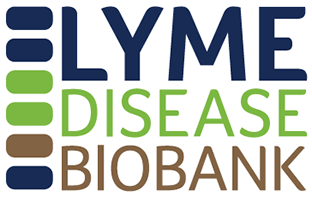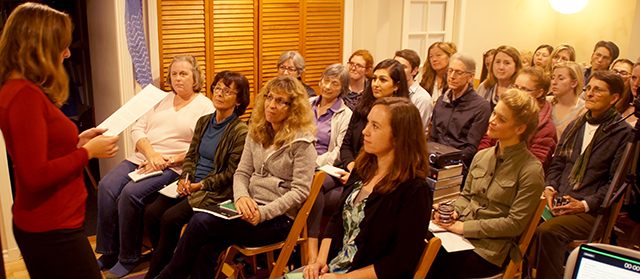FOR IMMEDIATE RELEASE
Media Contact:
Tara DiMilia, 908-947-0500, tara.dimilia@TMstrat.com
Bay Area Lyme Foundation Awards Grants to Researchers Exploring Novel Ways to Detect, Treat Lyme Disease
Massachusetts Institute of Technology and Brandeis University Researchers are the Awardees of the 2017 Emerging Leader Awards
Portola Valley, Calif., July 11, 2017 – Bay Area Lyme Foundation, the leading national nonprofit funder of innovative Lyme disease research, today announced that the winners of its 2017 Emerging Leader Award, are James J. Collins, PhD, Professor, Massachusetts Institute of Technology and Yuko Nakajima, PhD, Postdoctoral Fellow, Brandeis University. Dr. Collins was awarded a $250,000 grant to research an RNA direct detection diagnostic for early Lyme disease, while Dr. Nakajima received a $100,000 grant to investigate potential treatments to block immune evasion by the bacteria causing Lyme disease.
 The national
The national  Liz Horn, PhD, MBI,
Liz Horn, PhD, MBI, Lyme disease, particularly with chronic or late-stage symptoms, can be a horribly frustrating and debilitating illness.
Lyme disease, particularly with chronic or late-stage symptoms, can be a horribly frustrating and debilitating illness. 
 This week, we feature a guest post from
This week, we feature a guest post from  Lyme disease, if treated early, can usually be successfully eradicated with antibiotics. Unfortunately, as many patients know, if it is not diagnosed early, it can cause debilitating sickness and a myriad of symptoms that are much harder to treat. And not all treatments are covered by insurance, making the whole experience potentially very financially as well as physically draining.
Lyme disease, if treated early, can usually be successfully eradicated with antibiotics. Unfortunately, as many patients know, if it is not diagnosed early, it can cause debilitating sickness and a myriad of symptoms that are much harder to treat. And not all treatments are covered by insurance, making the whole experience potentially very financially as well as physically draining.